reducing weight on an obese cat
luvdogs
12 years ago
Related Stories
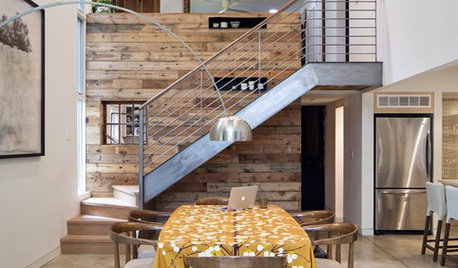
GREEN BUILDINGThe Future of Smart Design: Reuse, Reduce, Recycle
See why reducing waste in a home construction project should appeal to every architect, designer and client
Full Story
MOST POPULAREasy Green: 23 Ways to Reduce Waste at Home
Pick from this plethora of earth-friendly ideas to send less to the landfill and keep more money in your pocket
Full Story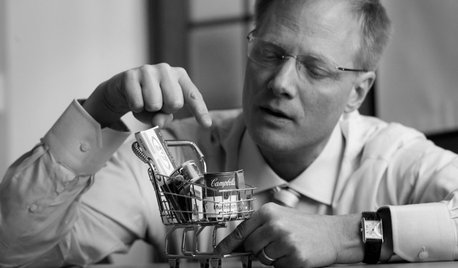
MOST POPULAR7 Ways to Design Your Kitchen to Help You Lose Weight
In his new book, Slim by Design, eating-behavior expert Brian Wansink shows us how to get our kitchens working better
Full Story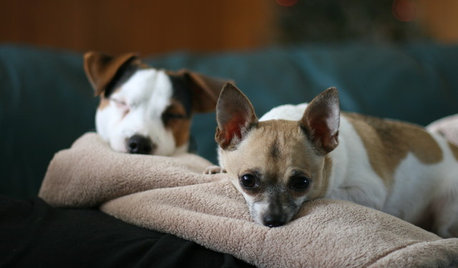
PETSHouzz Pets Survey: Who Rules the House — Dogs or Cats?
New data shows that pets make people happy, and pet owners love spending big to return the favor
Full Story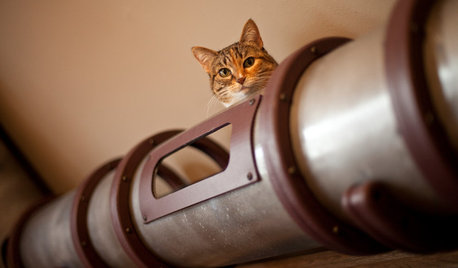
FUN HOUZZGeek Lab: How to Build a Steampunk Cat Transit System
Give your kitty another avenue for fun with a tubular walkway system that lets him go his own way
Full Story
MODERN ARCHITECTUREKeep Your Big Windows — and Save Birds Too
Reduce bird strikes on windows with everything from architectural solutions to a new high-tech glass from Germany
Full Story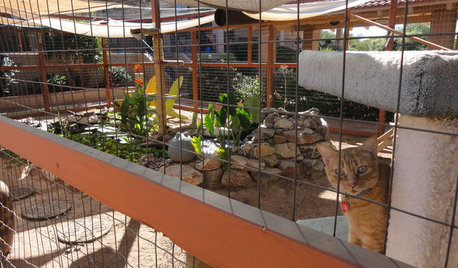
PETSSee a Deluxe 'Catio' Built for Feline Fun
Sixteen lucky cats get the run of a protected outdoor patio with ramps, steps and even a koi pond
Full Story
REMODELING GUIDESLiving Roofs Crown Green Design
Living roofs save energy, improve air, water, curb appeal — and the view from above doesn't hurt either
Full Story
HOUZZ TOURSMy Houzz: A Paean to the 1950s and '60s in Pennsylvania
With vintage furniture, a sunken den and pristine original details, this home is a true homage to midcentury style
Full Story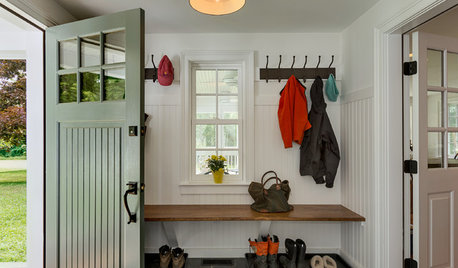
DECLUTTERINGSmall Steps for Keeping Your Housekeeping Resolutions
Take a different approach this year, making simple, positive changes that add up before you know it
Full StorySponsored
Most Skilled Home Improvement Specialists in Franklin County
More Discussions






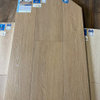
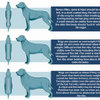
luvdogsOriginal Author
laurief_gw
Related Professionals
Four Corners Architects & Building Designers · Saint Paul Architects & Building Designers · South Lake Tahoe Architects & Building Designers · Memphis Furniture & Accessories · North Myrtle Beach Furniture & Accessories · Aliso Viejo Furniture & Accessories · Encinitas Furniture & Accessories · Westport Furniture & Accessories · Black Forest Cabinets & Cabinetry · Ridgefield Cabinets & Cabinetry · Albuquerque Flooring Contractors · Bellevue Flooring Contractors · Lady Lake Flooring Contractors · Oro Valley Flooring Contractors · South Peabody Flooring ContractorsLily316
Elly_NJ
cat_mom
laurief_gw
cat_mom
Debbie Downer
cat_mom
lzrddr